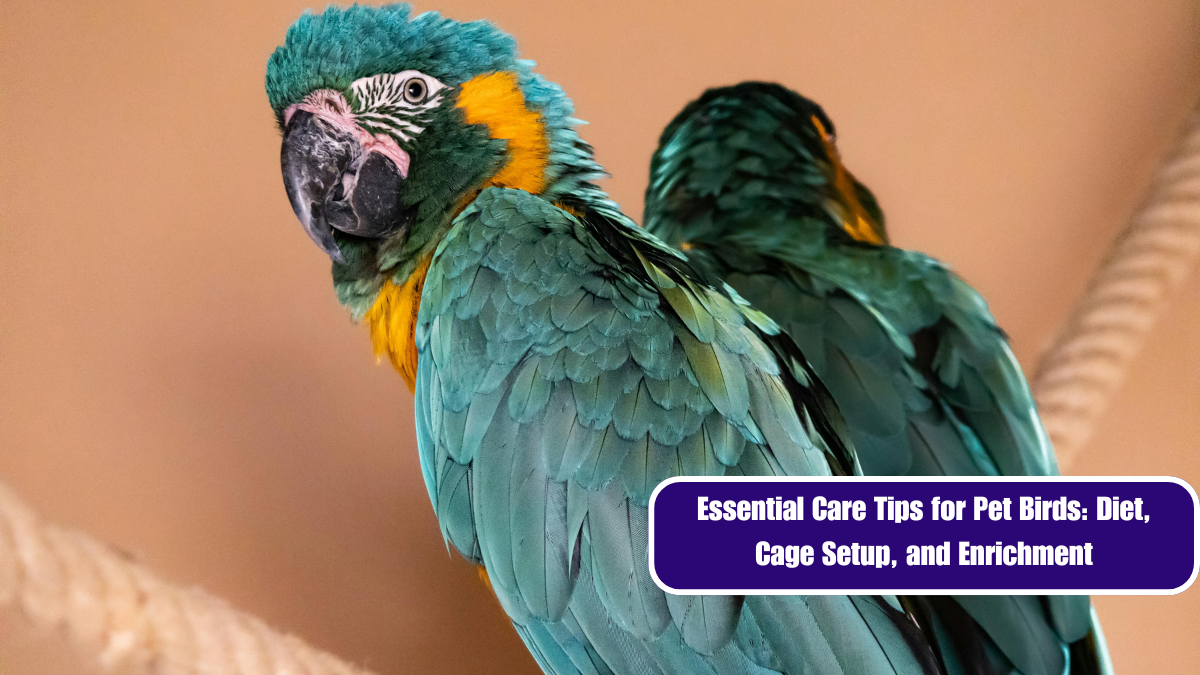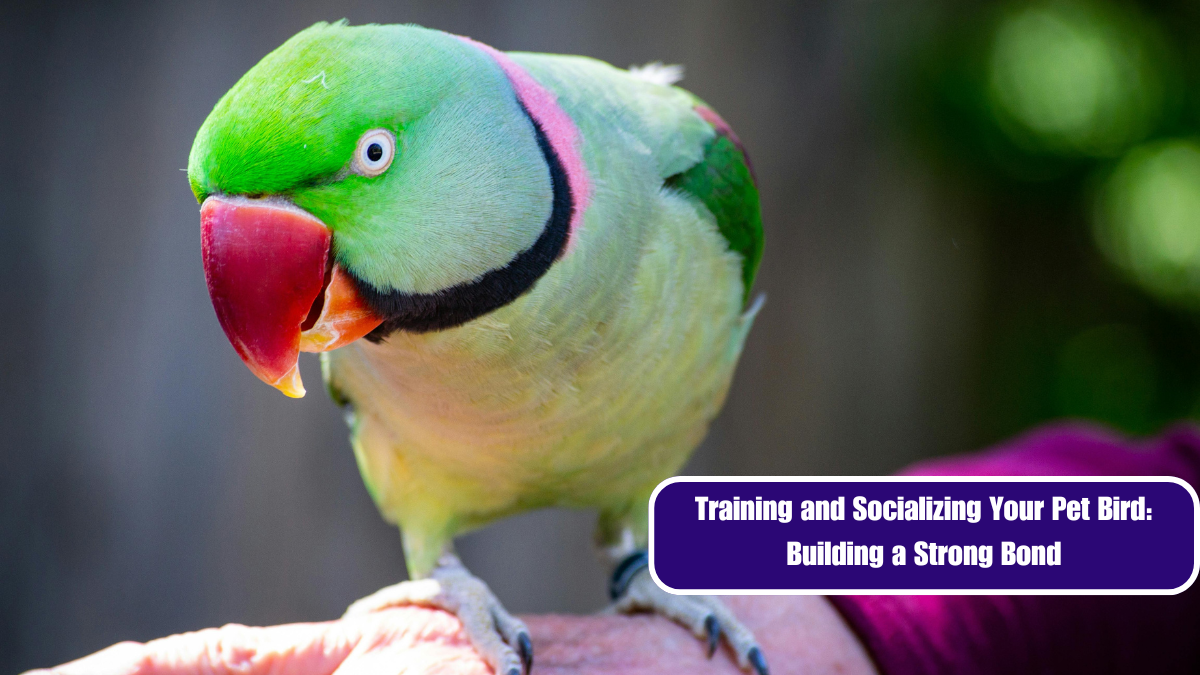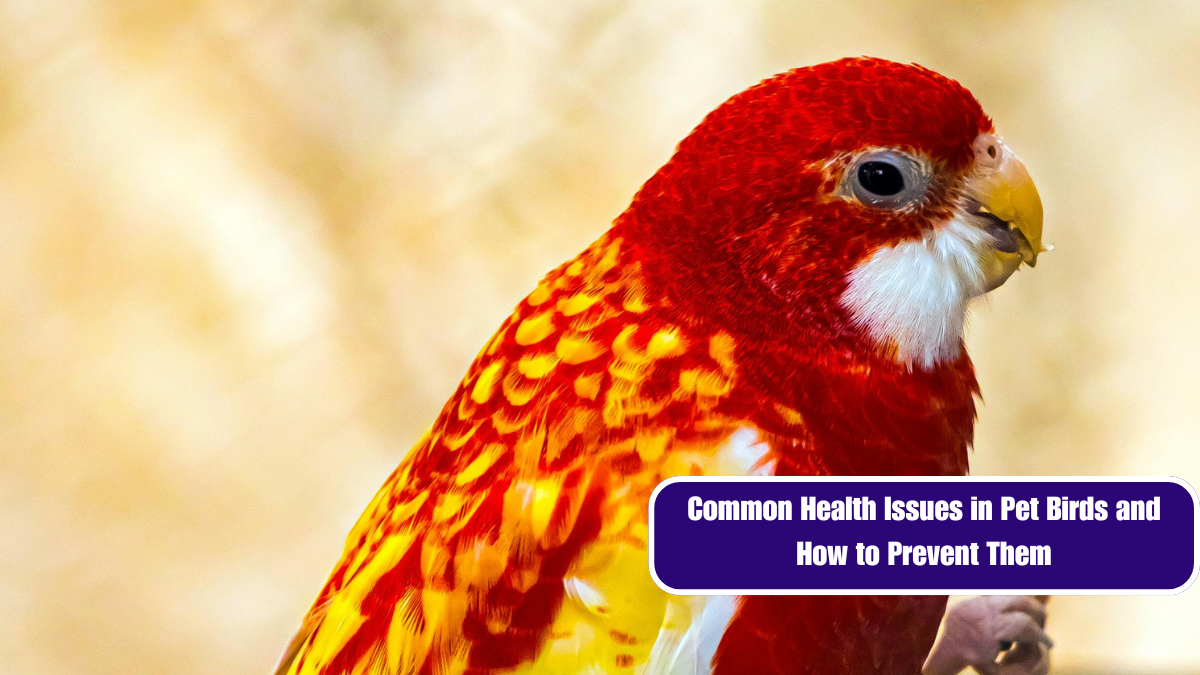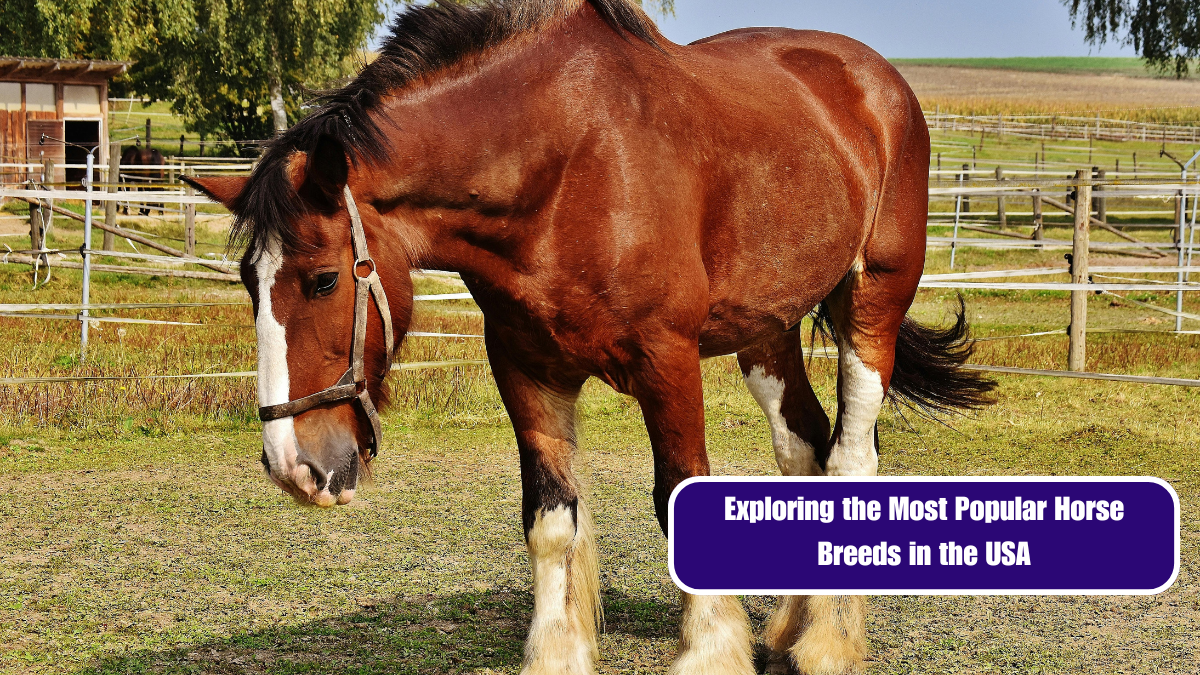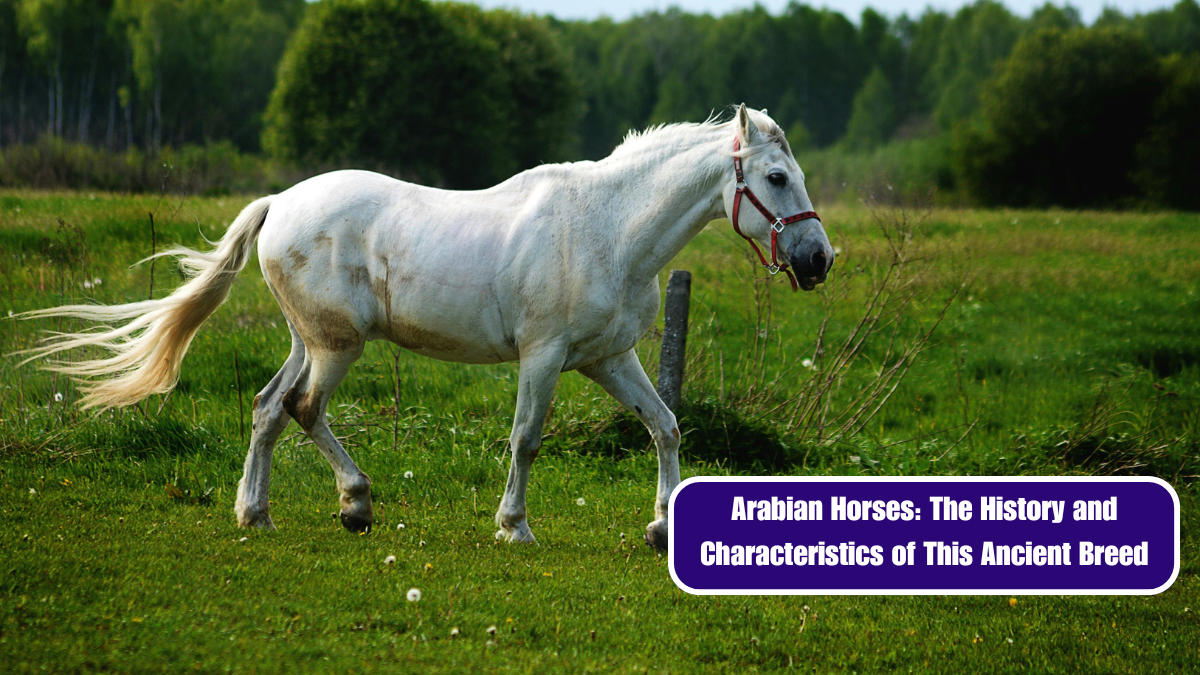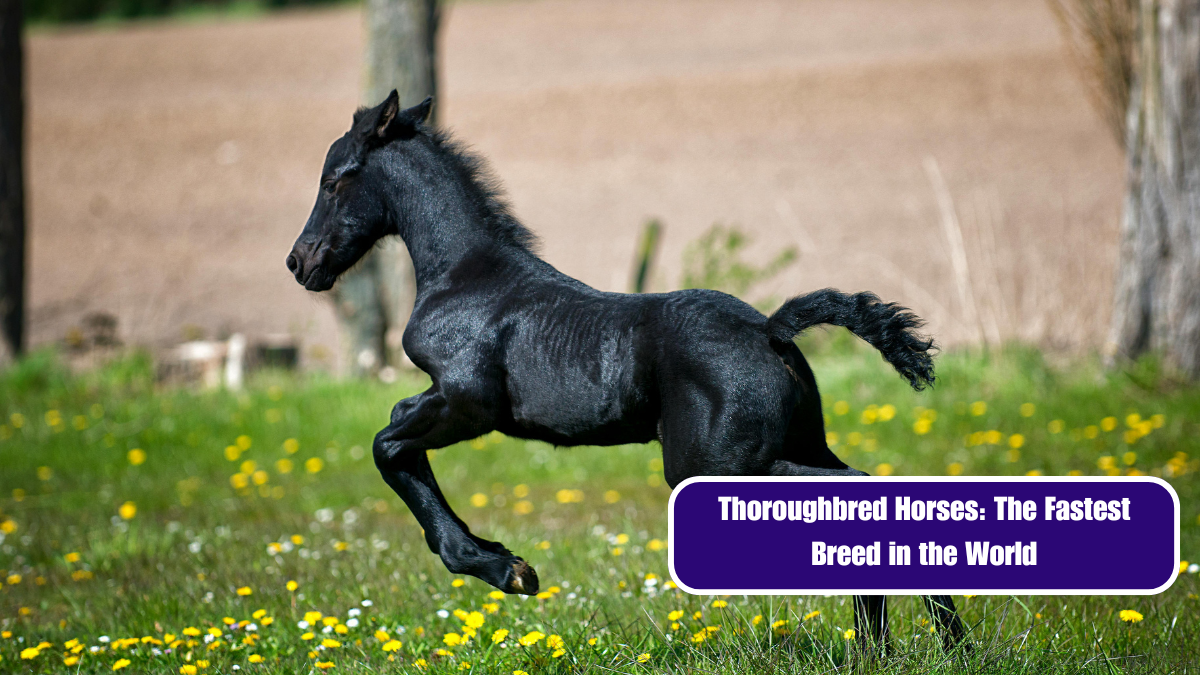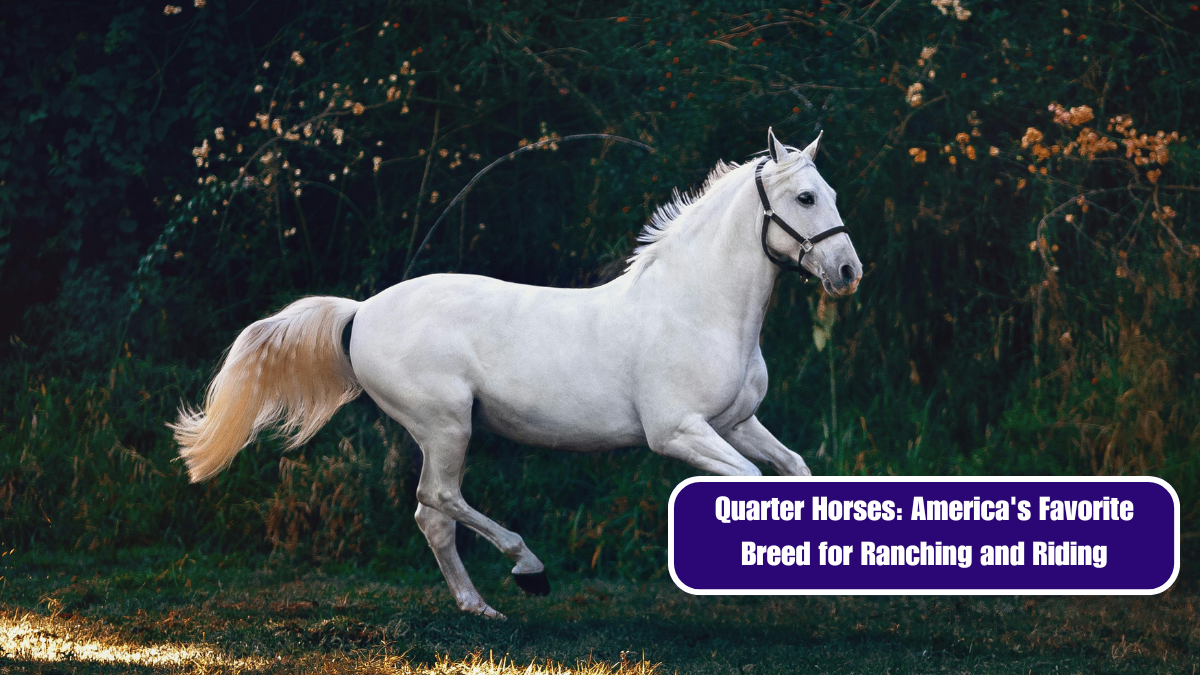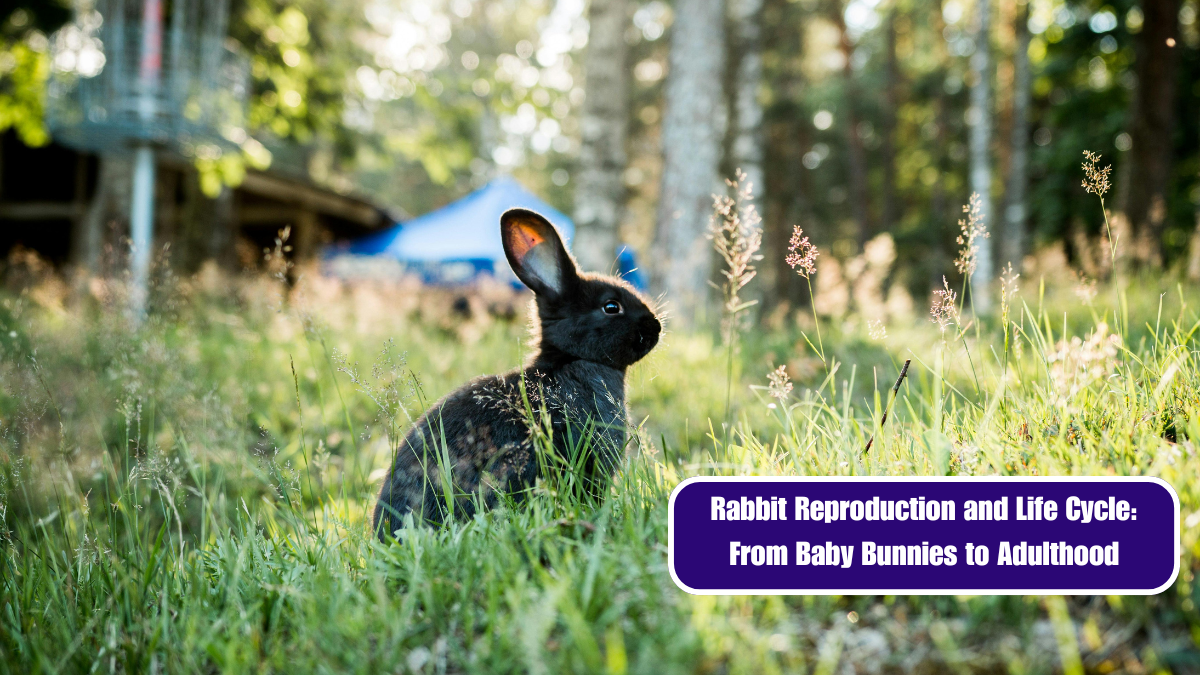The Rottweiler is a distinguished breed known for its strength, loyalty, and protective instincts. Originally bred to herd cattle and pull carts, this dog has evolved into a versatile companion and guard dog. This article explores the various aspects of the Rottweiler, from its history and physical characteristics to its behavior and care requirements.
History of the Rottweiler
Origins and Ancestry
The Rottweiler’s history dates back to Roman times when they were used as cattle-driving dogs. They are believed to have descended from the Roman drover dogs, which were used to drive and guard livestock. The breed’s name is derived from the German town of Rottweil, where they were notably employed in the 19th century for their herding and guarding abilities.
Historical Uses and Roles
In addition to herding cattle, Rottweilers were used as guard dogs for livestock and later as police and military dogs due to their keen senses and protective nature. Their versatility and work ethic have made them invaluable in various roles throughout history.
Physical Characteristics
Size and Build
Rottweilers are robust, muscular dogs with a well-balanced build. Males typically weigh between 95-135 pounds, while females are slightly smaller. They stand about 22-27 inches tall at the shoulder, with a strong and powerful stance that reflects their heritage as working dogs.
Coat and Color
The breed has a dense, short coat that lies flat against the body. Rottweilers are predominantly black with distinctive tan markings on the cheeks, legs, and eyebrows. Their coat requires minimal grooming, but regular brushing helps maintain its shine.
Distinctive Features
Rottweilers are known for their broad heads, strong jaws, and confident demeanor. Their powerful build, combined with a distinctive black and tan coloring, makes them easily recognizable.
Temperament and Behavior
General Temperament
Rottweilers are known for their loyalty, confidence, and intelligence. They are often described as being courageous and protective, making them excellent watchdogs. Properly socialized Rottweilers are affectionate with their families and can be good with children.
Protective Instincts
One of the breed’s most notable traits is its strong protective instinct. Rottweilers are naturally inclined to guard their family and home. This trait makes them effective guard dogs but also necessitates proper training and socialization to ensure they do not become overly aggressive.
Socialization and Training
Early socialization is crucial for Rottweilers to develop well-rounded behavior. Positive reinforcement training helps channel their intelligence and energy into constructive behaviors. Consistent training and socialization can help mitigate any potential aggressive tendencies.
Health and Care
Common Health Issues
Rottweilers are prone to certain health issues, including hip and elbow dysplasia, heart conditions, and certain types of cancers. Regular veterinary check-ups and a healthy diet are essential for managing these risks.
Grooming and Maintenance
Despite their short coat, Rottweilers benefit from regular grooming. Brushing once a week helps remove loose hair and dirt. Their nails should be trimmed regularly, and their ears checked for infections.
Diet and Nutrition
A balanced diet is crucial for maintaining a Rottweiler’s health. High-quality dog food that meets their nutritional needs helps keep them in good shape. Be mindful of their weight to prevent obesity, which can exacerbate health issues.
Training the Rottweiler
Basic Obedience Training
Teaching basic commands such as sit, stay, and come is essential for all Rottweilers. Consistent training sessions and positive reinforcement help establish good behavior from an early age.
Advanced Training Techniques
Advanced training, including agility and protection work, can further enhance a Rottweiler’s skills. Engaging them in these activities not only improves their obedience but also provides mental stimulation.
Dealing with Behavioral Issues
Addressing behavioral issues, such as aggression or separation anxiety, requires patience and proper training techniques. Consulting a professional dog trainer or behaviorist can be beneficial for managing more complex issues.
Rottweiler as a Family Pet
Compatibility with Children
Rottweilers can be excellent family pets when properly trained and socialized. They are generally good with children, though supervision is always recommended, especially with younger kids.
Living Conditions and Space
Rottweilers adapt well to various living conditions, but they do best in homes with ample space. They require regular exercise, so a home with a yard or access to outdoor areas is ideal.
Exercise Needs
Regular exercise is vital for a Rottweiler’s physical and mental health. Daily walks, playtime, and mental stimulation activities help keep them active and prevent boredom.
Case Studies and Real-Life Examples
Notable Rottweilers and Their Stories
Many Rottweilers have gained fame for their work in various fields, from police work to search and rescue. Their stories highlight the breed’s versatility and dedication.
Success Stories of Rottweilers in Various Roles
Rottweilers have successfully worked as therapy dogs, service dogs, and in other roles requiring intelligence and dedication. These success stories demonstrate their capability and adaptability.
Future Outlook
Emerging Trends in Breeding and Training
Advancements in breeding practices aim to enhance the breed’s health and temperament. New training techniques and innovations are also emerging, focusing on better behavior management and overall well-being.
Innovations in Rottweiler Care
Developments in veterinary care and pet products are contributing to the improved health and longevity of Rottweilers. Staying informed about these innovations can help owners provide the best care for their pets.
Recap of Key Points
The Rottweiler is a powerful, loyal, and intelligent breed with a rich history and a variety of roles. Understanding their physical characteristics, temperament, and care needs is essential for anyone considering this breed.
Final Thoughts
With proper training, socialization, and care, Rottweilers make excellent companions and protectors. Their strength and loyalty, combined with their protective nature, make them a remarkable breed.





